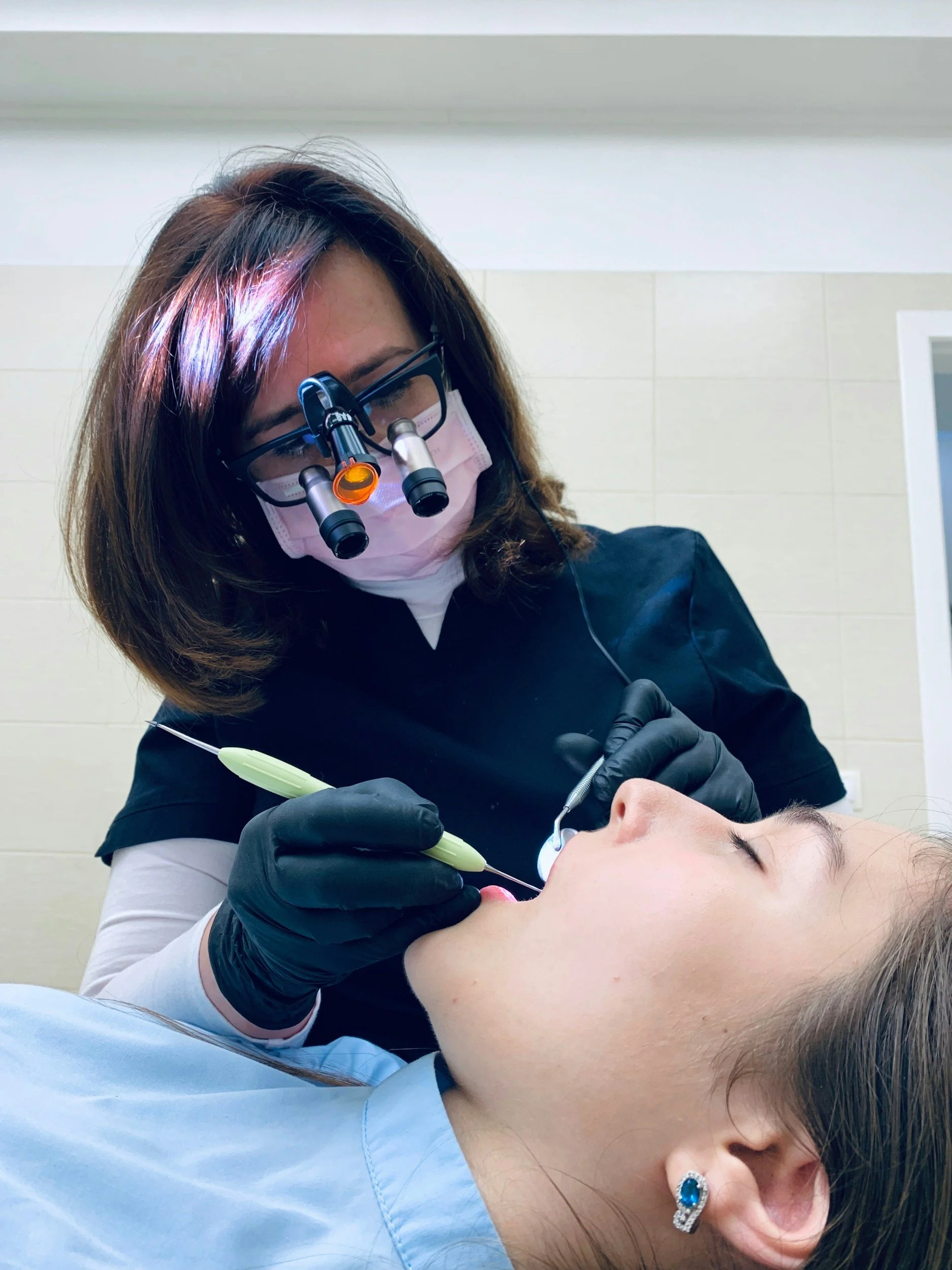Understanding the Grip of Social Media Addiction on Mental Wellness
In the digital age, social media has become a crucial part of our daily lives, allowing us to stay connected, entertained, and informed. However, under the surface of likes, shares, and continuous scrolling, a major concern emerges social media addiction and its severe influence on mental health.
As platforms like Facebook, Instagram, TikTok, and Twitter continue to dominate our online experiences, understanding the intricate dynamics of social media addiction becomes crucial.
The Allure of Social Media
Social media platforms wield a powerful allure, drawing users in with features designed to keep them engaged. Notifications, likes, and personalized content create a feedback loop that triggers dopamine release in the brain. This reinforces the behavior of scrolling through feeds for hours on end.
AddictionHelp.com notes that up to 10% of Americans may be addicted to social media, with children and teens being particularly vulnerable. This is due to their developing cognitive and social abilities.
The capacity to deliver rapid reward and approval contributes to social media's addictive character. Each like or comment activates the brain's reward region, prompting users to seek out additional interactions in an ongoing cycle. As a result, people may get obsessed with monitoring their feeds, even if it means neglecting other activities or duties.
Legal Battles and Accountability
Amid growing concerns about the impact of social media on mental health, lawsuits have emerged against tech giants like Meta. These legal battles cite studies that show how social media seriously harms your mental health. Plaintiffs allege that companies knowingly designed platforms with addictive features that hook users, particularly children and teens.
The Lawsuit Information Center notes that as of May 2024, over 455 social media lawsuits are pending in AFFF multidistrict litigation. According to TruLaw, the lawsuits highlight the responsibility of social media companies to prioritize user safety and well-being.
Internal documents leaked from Meta reveal that company leaders were aware of the harmful effects of their platforms on mental health. However, they failed to take sufficient action to address these concerns. As a result, plaintiffs are seeking accountability and changes to platform design and practices to mitigate the risks associated with social media addiction.
Impact on Mental Health
Addiction to social media has serious and pervasive effects on mental health. Overuse of social media has been linked to a number of mental health issues, such as depression, anxiety, loneliness, and low self-esteem. According to Mayo Clinic, teens who use social media for more than three hours a day are more likely to experience mental health issues.
The controlled style of social media feeds can amplify feelings of inadequacy and encourage unhealthy comparison habits. Adolescents, in particular, may struggle with body image issues and self-esteem issues as they are bombarded with unrealistic beauty standards and lifestyles.
Over time, the relentless pursuit of validation and comparison can take a toll on individuals' mental well-being. This leads to a vicious cycle of addiction and negative self-perception.
Vulnerability of Adolescents
Teens are especially susceptible to the harmful effects of social media addiction due to their rapidly increasing social skills and developing brains. Teenagers' brains go through significant changes that increase their susceptibility to the addictive qualities of social media.
According to experts, the younger children are when they start using social media, the more vulnerable they can be to its negative effects. Excessive screen time can interfere with crucial aspects of adolescent development, including social interactions, sleep patterns, and emotional regulation.
Adolescents may also experience increased feelings of loneliness and isolation as they substitute online connections for real-life interactions. Without proper guidance and support, they may struggle to develop healthy coping mechanisms, putting them at risk for long-term mental health issues.
Strategies for Healthy Engagement
Despite the risks, there are strategies individuals can adopt to promote healthy engagement with social media. Setting boundaries around screen time and establishing designated "no-phone zones" can help reduce the temptation to constantly check social media feeds.
Practicing digital detoxes, where individuals take extended breaks from social media, can also provide much-needed perspective and recharge mental batteries. Seeking support from friends, family, or mental health professionals can be invaluable for individuals struggling with social media addiction.
Group activities and hobbies that don't involve screens can offer alternative sources of fulfillment and connection. By prioritizing real-life experiences and relationships over virtual interactions, individuals can regain control over their digital habits and safeguard their mental well-being.
FAQs
What does social media dopamine mean?
Social media dopamine refers to the pleasure-inducing chemical released in the brain when receiving likes, comments, or other forms of validation on social platforms. This often leads to addictive behaviors and seeking further engagement. It reinforces the reward system, driving continued use of social media.
Why is Instagram in court?
Instagram has faced legal challenges over issues such as user data privacy breaches and concerns regarding its impact on mental health. This has prompted scrutiny and legal actions aimed at addressing these issues.
Can social media cause social anxiety?
Yes, social media can contribute to social anxiety by fostering comparison, fear of missing out (FOMO), and cyberbullying. Constant exposure to curated, idealized images and the pressure to maintain online personas can exacerbate feelings of inadequacy and isolation.
In conclusion, the prevalence of social media addiction poses significant challenges to mental well-being, particularly among adolescents. Legal battles highlight the responsibility of tech companies to address these concerns, while studies underscore the detrimental effects on mental health.
Moving forward, proactive measures such as setting boundaries and seeking support are crucial for individuals to regain control over their digital habits. By prioritizing real-life connections and experiences, we can mitigate the negative impact of social media addiction and cultivate a healthier relationship with technology. This ultimately promotes greater mental wellness in the digital age.







